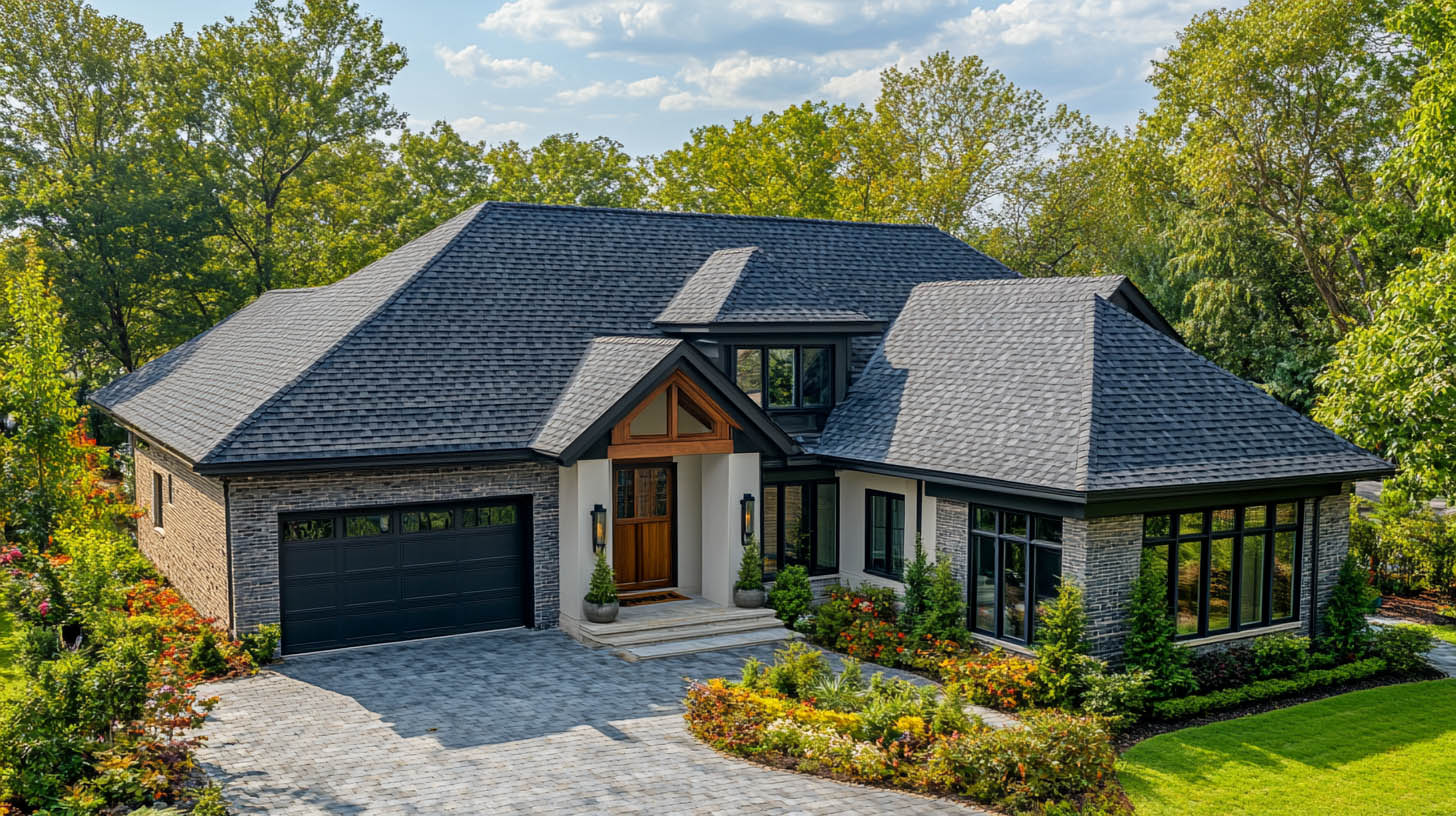
A roof replacement is a significant investment, and the total cost can vary depending on several critical factors. Rainstoppers Roofing offers insights into the factors that influence pricing, ensuring that homeowners make informed budgeting decisions.
1. Roof Size
The size of your roof directly impacts material and labor costs. Roofing materials are typically measured in squares, with one square equaling 100 square feet. Larger roofs require more materials and labor, thus increasing the project’s overall expense. Remember to include detached structures, such as garages or sheds, in your measurements if you plan to match the roofing material.
Unique Fact: The average American home roof covers approximately 1,500 square feet, which translates to 15 roofing squares.
2. Roof Pitch and Slope
The roof’s pitch or steepness also affects cost. A roof with a slope greater than 6:12 requires additional safety equipment, extended labor, and specific underlayment systems, adding to the overall expense. Contractors may also need more time to complete projects with steep pitches, further increasing labor costs.
3. Removal of Existing Roof
Deciding between a layover or complete tear-off affects both cost and project complexity. A complete tear-off is more labor-intensive, requiring equipment and increased labor time, especially for larger roofs. In contrast, a layover involves layering new shingles over existing ones, which is a less costly option but may not be suitable for all roofs.
4. Type of Roof Warranty
Roof warranties vary and impact the total project cost. A standard warranty typically covers labor, while extended warranties provided by the manufacturer may involve additional fees, inspections, and materials. The latter offers broader coverage and ensures that both workmanship and materials are guaranteed.
5. Additional Roof Details
Unique roof features such as chimneys, skylights, and specific finishing materials affect project pricing. Skylights and chimneys require precise sealing to prevent leaks, and custom details add to the materials and labor required for the installation.
Estimating Roofing Costs with Confidence
Roofing projects come with various pricing factors, but understanding these elements can help homeowners budget accordingly. Rainstoppers Roofing provides accurate estimates and guidance on options to suit various budgets and project requirements.
FAQs
1. How is roofing cost calculated?
Roofing cost is typically based on roof size, pitch, materials, labor, and any additional details.
2. Does a complete tear-off cost more than a layover?
Yes, a tear-off is more labor-intensive and requires more resources than a layover.
3. What is a roofing square?
One roofing square is equivalent to 100 square feet, used to calculate material and labor needs.To learn more about finding and fixing a hard-to-locate roof leak, click here.
